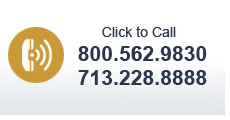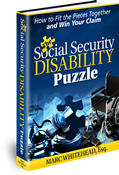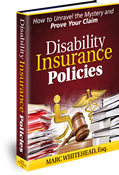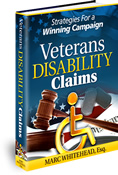Under Texas Law, an auto accident victim must establish the following three things to recover damages from the at fault driver:
1. Establish Negligence
The law states that all Texas drivers must exercise reasonable care and avoid doing things that they should know will probably cause injury to a person, or to property. Failure to comply with this is defined as negligence. That is, you are being negligent if you drive in such a way that anybody could predict you would cause harm. Some obvious examples would be speeding or driving at night without your headlights on.
Proper Lookout
The Proper Lookout standard was developed to pinpoint negligence more clearly. A driver’s proper lookout is his duty to be observant and careful, keeping an eye on nearby vehicles and their speed, obeying the basic rules of the road, and being aware of the general situation in which he’s driving. Failure in Proper Lookout constitutes legal negligence.
2. Establish Causation
The next step is to show that the other driver’s negligence caused the accident in which you were injured. This is known legally as causation, and can sometimes be difficult to establish. If, at the time of the accident, you gathered information such as phone numbers of nearby witnesses, the causation step will be easier. Perhaps you took photos of skid marks, positions of vehicles, vehicle damage, or lighting and weather conditions. These would be very useful in proving the circumstances of the accident.
3. Establish Your Damages
In this chain of legal thinking, the third step is to prove that your damages were the result of the other person’s negligence. The term damages includes:
- Medical and funeral costs
- Lost income
- Lost support or companionship
- Replacement or repair costs for your vehicle
- Pain and suffering
Our ebook, “Car & Trucking Crashes, 10 Secrets Victims Should Know to Protect Their Rights” is designed to give you guidance in pursuing your legal rights if you have been in a car or truck accident. Whether you choose to hire Marc Whitehead & Associates or not, we hope that this ebook prevents you from becoming a victim twice! Call us at 713-228-8888 or visit us on the web at www.personal-injurylawyer.com.









